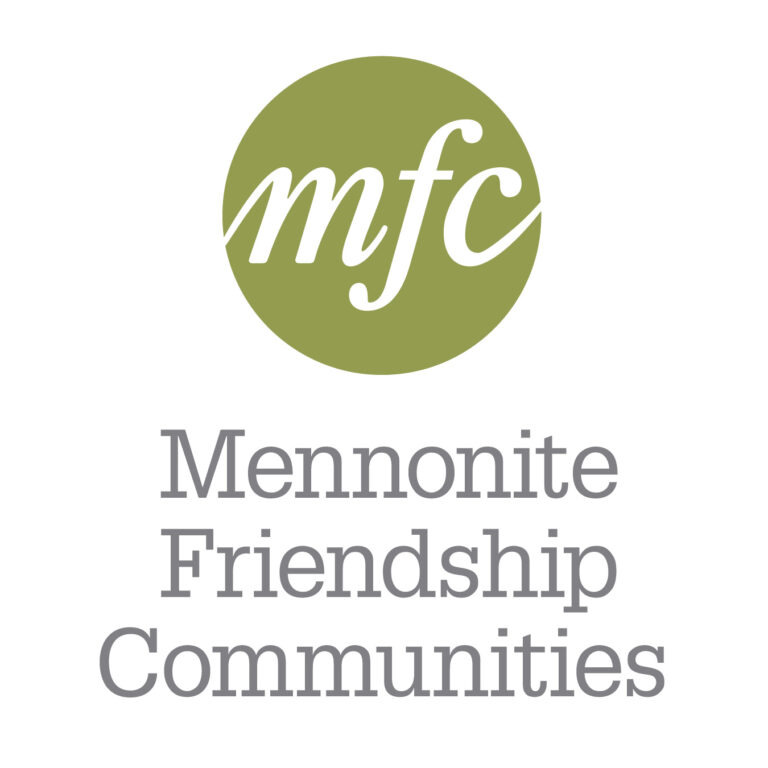
No, our residents maintain an independent and active lifestyle and are free to come and go as they please. We very much respect their privacy. In the event of an emergency, we will conduct a wellness check.
We maintain two different types of wait lists. One is an internal list that consists of residents currently living on our campus who have a desire to move to another location. The second wait list is an external list made up of those desiring to move into our community. A deposit is required to be placed on the eternal list and your place on this list is determined by the date you paid that deposit.
No. Each apartment and duplex has its own thermostat. You can set the temperature to whatever comfort level you would like.
Yes, residents that have been given prior permission to leave are asked to sign out whenever they are going to be gone.
We have a registered nurse on staff 8 hours a day, five days a week. A registered nurse is on call 24-hours a day and a certified medical aide is on staff 24-hours a day.
Transportation can be provided if a resident cannot drive or if family cannot take them. A resident in Assisted Living is alloted transportation four times a month and this fee is combined with other monthly fees.
Long term care refers to a comprehensive range of medical, personal, and social services coordinated to meet the needs of an individual. This level of care is most appropriate for persons who struggle with chronic illness or disability. Assistance with activities of daily living (bathing, dressing, eating) are provided by skilled nursing assistants; medical monitoring, medication and wound management are regularly available and administered by our licensed and registered nurses.
This is your home. Please bring items that will make your room comfortable. While in long term care, we encourage you to bring your recliner, TV, bookcase, chest or drawers, etc. Pictures of family and friends, your favorite cozy robe, soft pillow, blanket, and comfortable clothing will help you feel “at home” in this environment.
Our Life Enhancement team offers activities to support your physical, social, emotional, spiritual, and cognitive well-being – we seek to keep our residents engaged and active in our community, so they are able to make informed choices and voice their needs and concerns. Out staff commonly will remind residents of upcoming events and activity calendars are placed in each resident room and hallway bulletin boards.
We encourage families and friends to make frequent visits. Many studies have shown that residents who have frequent visits by friends and loved ones recover more quickly and are happier, enjoying a greater state of health than others. This is not surprising given people’s desire to be needed and wanted. The best gift you can give is to visit frequently, share a meal, keep your promises, and fill the environment with love and support while you are there. The quality of your attention is a powerful gift to your loved one and we are thankful you are here as an advocate for them.
Medicare is a federal health insurance program for people 65 years of age or older and certain disabled people. Social Security Administration offices take applications for Medicare and provide general information about the program.
Medicaid is a medical assistance program jointly financed by the state and federal governments for eligible low-income individuals. Medicaid coverage and eligibility vary among states, and eligibility depends on both financial and non-financial criteria.
Yes. Medicare Part A can help pay for certain inpatient care in a Medicare-participating skilled nursing facility if all of the following requirements are met: the individual is a patient in a hospital for at least three days (not counting the day he/she leaves) before being transferred to the nursing home; the individual is transferred to the nursing home because he or she requires care for a condition that was treated in the hospital; the individual is admitted to the nursing home within a short period of time, generally 30 days, after leaving the hospital; a doctor certifies that the patient needs, and that he or she actually receives, skilled nursing or skilled rehabilitation services on a daily basis; and the Part A intermediary or the nursing home’s utilization review committee approves the patient’s stay.
If an individual is eligible, Part A will help cover services for up to 100 days per benefit period. A benefit period begins the day the patient is hospitalized and ends after he/she has been out of the hospital or skilled nursing facility for 60 consecutive days. If the patient is hospitalized after 60 days, a new benefit period begins. There is no limit to the number of benefit periods a person may have.
Medicare pays all covered expenses for the first 20 days and, if additional days are approved, all but $97 per day (in 2000) from the 21st day to the 100th day. Beginning with the 101st day of skilled nursing facility care in any benefit period, the resident and/or the responsible party is responsible for all charges.